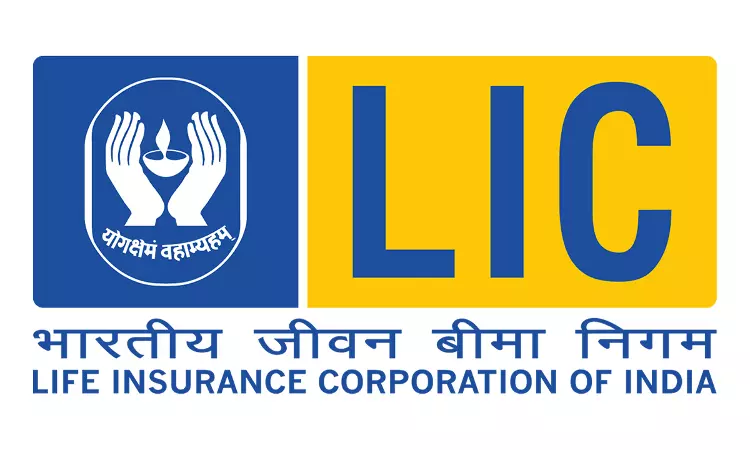Insurance Contracts Are Special Contracts Based On Principle Of Full Disclosure: NCDRC
Ayushi Rani
30 May 2024 8:00 AM IST

Next Story
30 May 2024 8:00 AM IST
The National Consumer Disputes Redressal Commission, presided by Dr. Inder Jit Singh, dismissed a revision petition against Life Corporation India and held that the proposer of an insurance policy must disclose all material facts about the risk involved and be transparent with the facts. Brief Facts of the Case The complainant's uncle took three insurance policies from...
